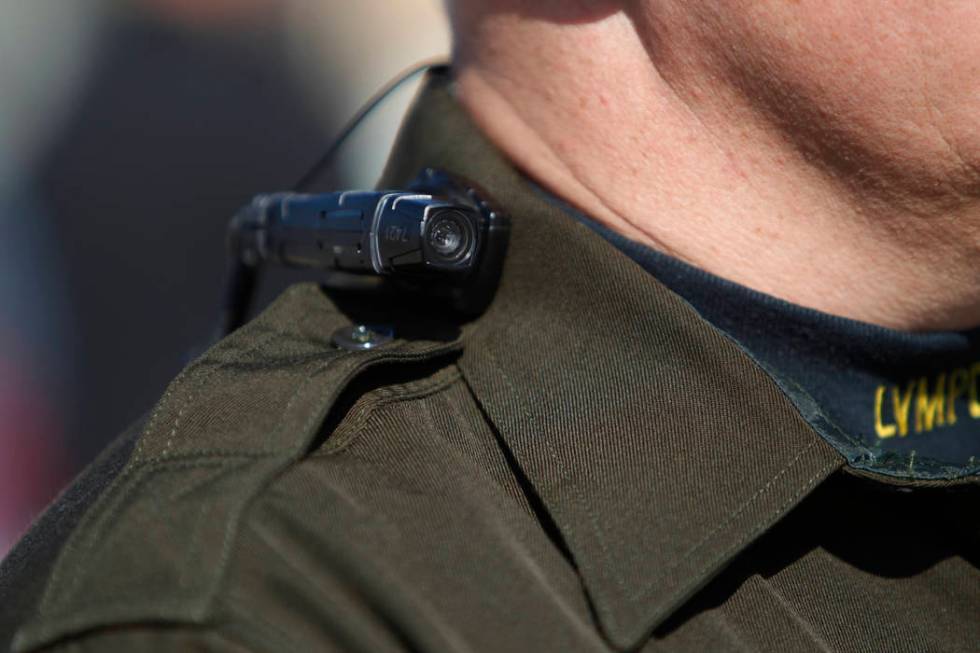EDITORIAL: DOJ now allows local police to wear body cameras during joint operations

The federal government will now allow local police officers to wear body cameras during joint operations with federal officers. Good.
Over the past decade, body cameras for police officers have gained wide acceptance. The appeal is obvious. When a controversial police encounter takes place, more information is better. A video record of an event helps protect the victims of police misconduct while also shielding the honorable men and women serving their communities from wrongful allegations.
Video evidence changes the equation. Prosecutors don’t have to wade through conflicting witness statements. They can watch what happened. Members of the public don’t have to rely on often out-of-context video snippets. They can see the interaction.
The push for body cameras originally came primarily from civil libertarians concerned about police brutality. After several years of use, however, police officers are probably their biggest beneficiaries. The cameras work both ways, after all, and often reveal that — trigger warning to woke progressives — bad guys and gals sometimes don’t tell the truth.
But body cameras are also an important means for squelching speculation and providing facts to the public. For instance, imagine how valuable body cameras might have been in the controversy surrounding the death of Breonna Taylor in Louisville, Ky. Police officers said they announced themselves before entering her residence to serve a search warrant. Ms. Taylor was tragically killed during the raid after her boyfriend shot at the officers and they returned fire. A body camera could have provided an angry public — quickly — with a view of the actual event.
Unfortunately, federal officers don’t wear body cameras during raids and arrests, according to reason.com. Previous Department of Justice policy prevented local officers from wearing their body cameras during joint operations.
That caused controversy earlier this fall. In September, U.S. marshals and local police in Washington state conducted a joint operation to arrest Michael Reinoehl, the antifa member accused of killing a Patriot Prayer protester in Portland. The police say Reinoehl pulled a gun, and they shot him in self-defense. Witnesses accused the police of not identifying themselves. Body camera footage from local police might have provided an answer.
In late October, the DOJ reversed its policy against cameras. Local officers are now allowed to wear the equipment when working with federal officers and making arrests or serving warrants. There are a number of exceptions, which should be used as infrequently as possible.
This is a good step. Now, the DOJ should take it further and require federal officers to wear body cameras. They’re an important tool to protect both the public and officers who are doing their jobs properly.